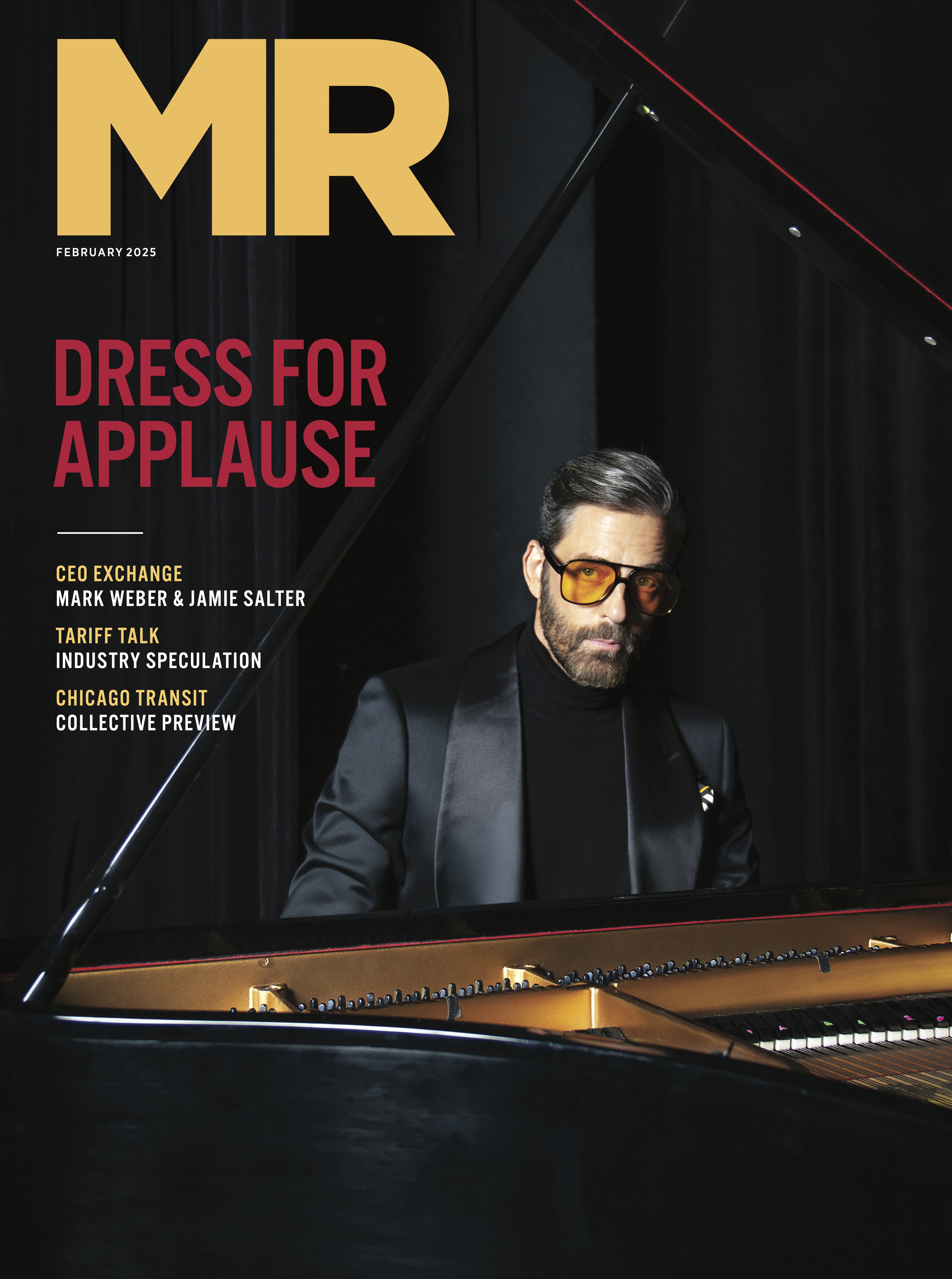U.S. SUPREME COURT WEIGHS IN ON FASHION AND RETAIL ISSUES


In a closely watched case, Star Athletic v. Varsity Brands, the Court ruled that decorative elements of a cheerleading uniform can be protectable by U.S. copyright law. You may wonder, what on earth do cheerleading uniforms have to do with fashion, let alone menswear? Well, the opinion was much anticipated in the legal community because clothing has generally been considered to be a “useful article” that is not subject to copyright. However, this issue had not been squarely addressed by the Court before this case and lower courts were in widespread disagreement on the proper standard to apply. So in terms of guidance to the fashion design community, this decision was like upgrading to a satellite GPS system after a history of using a rudimentary sexton.
The majority opinion, which was written by Justice Clarence Thomas, held that an element of clothing could be protected if it “can be perceived as a two- or three-dimensional work of art separate from the useful article” and it would qualify for copyright “if it were imagined separately from the useful article into which it is incorporated.” The Court found that the designs represented on the surface of the cheerleading uniform in question could meet that standard in principle.
In my opinion, the Court was quite careful to neither create nor destroy any well-established rights. Broadly speaking, the state of copyright law for apparel before this decision was that protection was available for elements of fashion that can be clearly separated out, such as prints on fabric, but not for the shape, cut, or dimensions of the clothing at issue. That is essentially the ruling that the Court made. An issue that remains outstanding is whether fashion designs more original than cheerleader uniforms would be eligible for protection. So as it pertains to most menswear, this ruling is fairly inconsequential other than affirming the status quo on design protection.
More recently, SCOTUS decided a case in favor of retailers concerning the disclosure of credit card fees: Expressions Hair Design v. Schneiderman. As many of you know, retailers get hit by fees from credit card companies for customer purchases made using credit cards. Typically, these fees are invisible to consumers because under the laws of 10 states, including New York, California and Florida, such fees cannot be passed on to consumers by retailers. Over time, this results in a pretty big “ka-ching” to retailers who ultimately net less revenue on such transactions.
Five retailers sought to tell their customers that they imposed a surcharge for using credit cards, to the consternation of the credit card companies. Because of this, a lawsuit was born regarding whether the New York law, enacted in 1984, making it a crime to impose a surcharge for the use of credit cards prevented retailers from informing customers that cash purchasers and credit card purchases would be charged at different amounts. The Supreme Court decided that the law regulated speech rather than conduct, and it left it to an appeals court to determine whether the New York law violated the First Amendment.
“The law tells merchants nothing about the amount they are allowed to collect from a cash or credit card payer,” Chief Justice John G. Roberts Jr. wrote for the majority. “Sellers are free to charge $10 for cash and $9.70, $10, $10.30 or any other amount for credit. What the law does regulate is how sellers may communicate their prices.”
We will wait to see how the appeals court rules based on this new SCOTUS guidance, but it bodes well for retailers.
Douglas Hand is a founding member of the law firm Hand Baldachin Amburgey LLP (HBA) which specializes in the representation of fashion and lifestyle companies He is a member of the Business Advisory Committee of the CFDA, on the Advisory Board of the CFDA’s Incubator and a member of the CFDA Fashion Awards Guild. Mr. Hand is also an adjunct professor of Fashion Law at both NYU School of Law and Cardozo School of Law and is on the Fashion Institute of Technology’s Couture Council.

